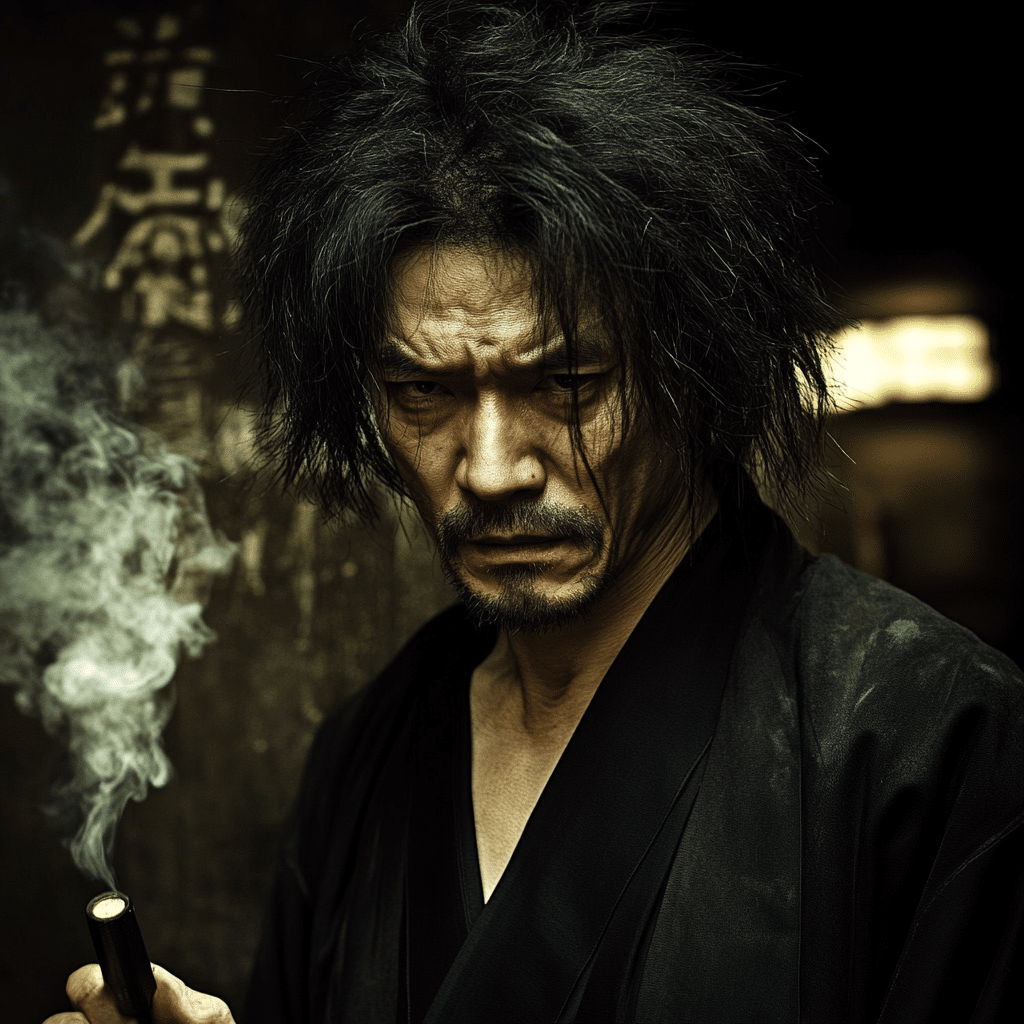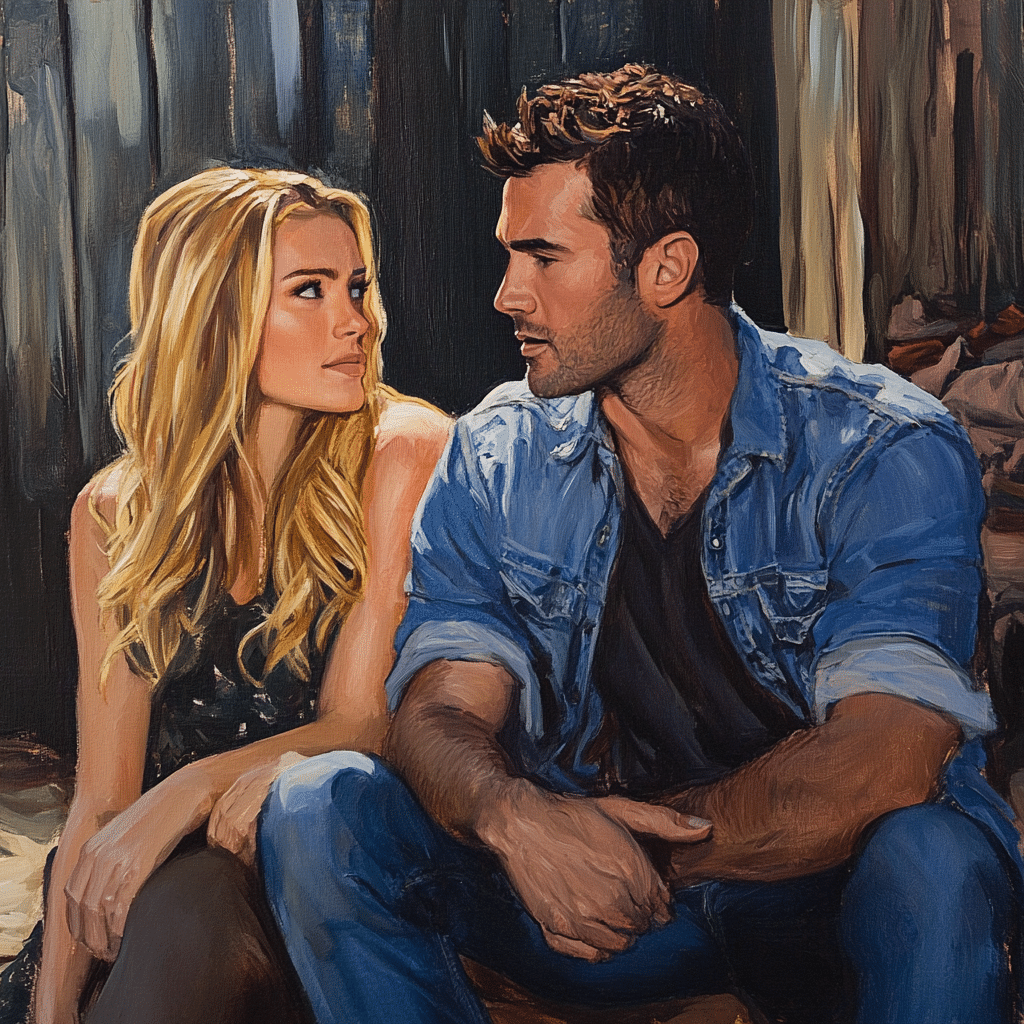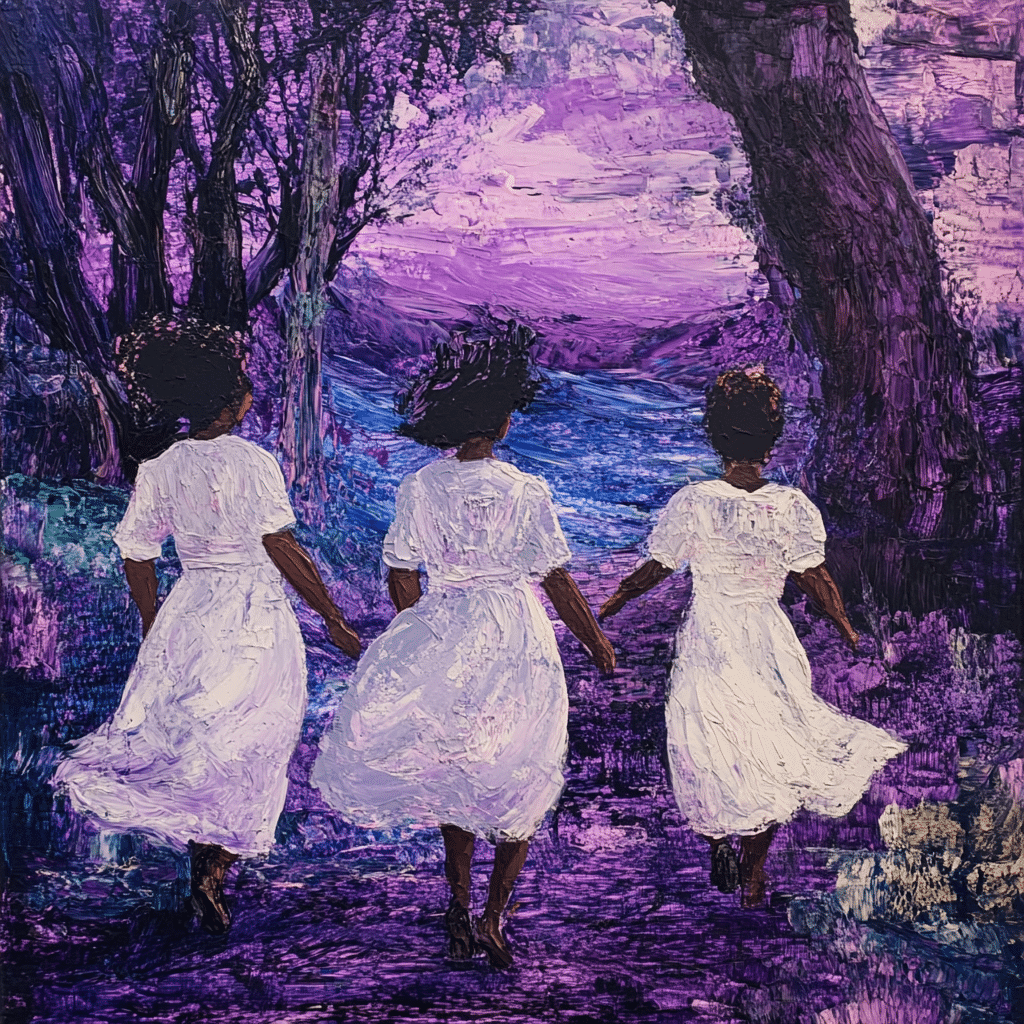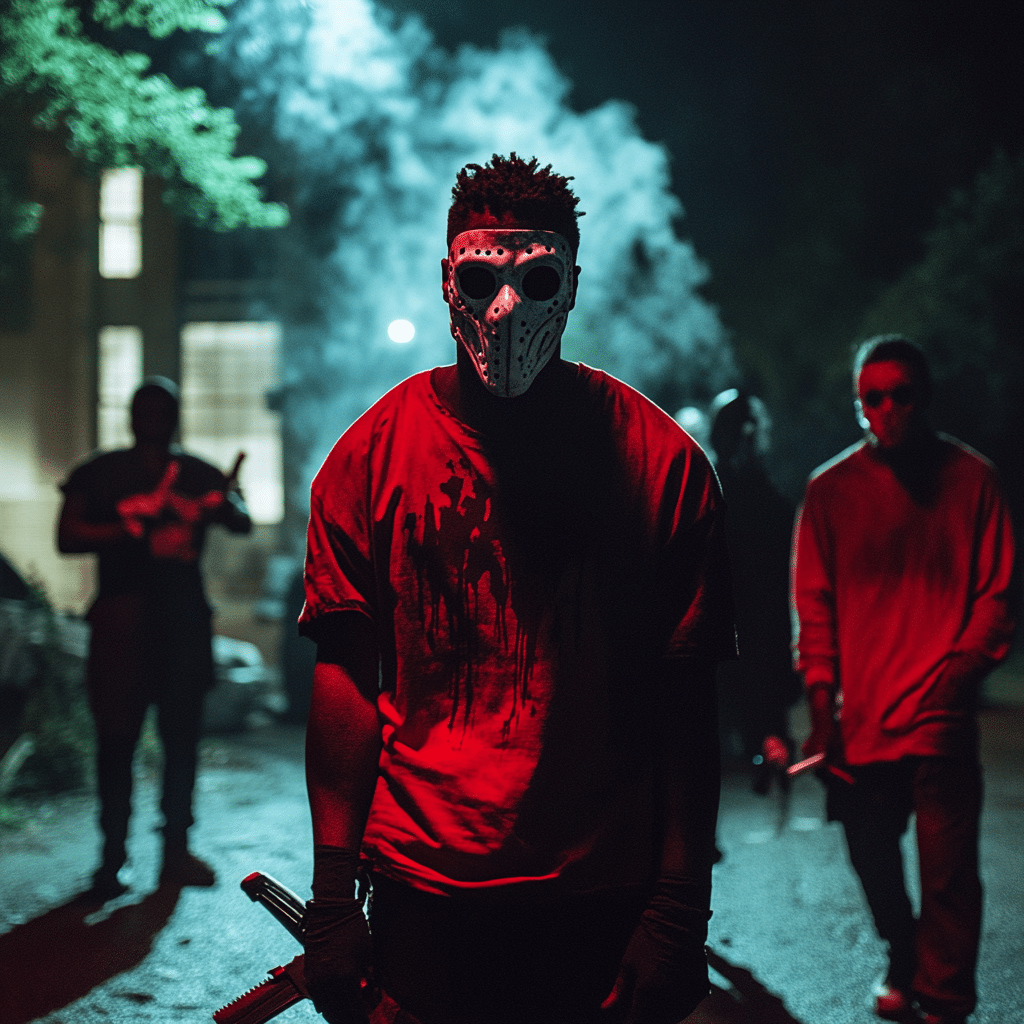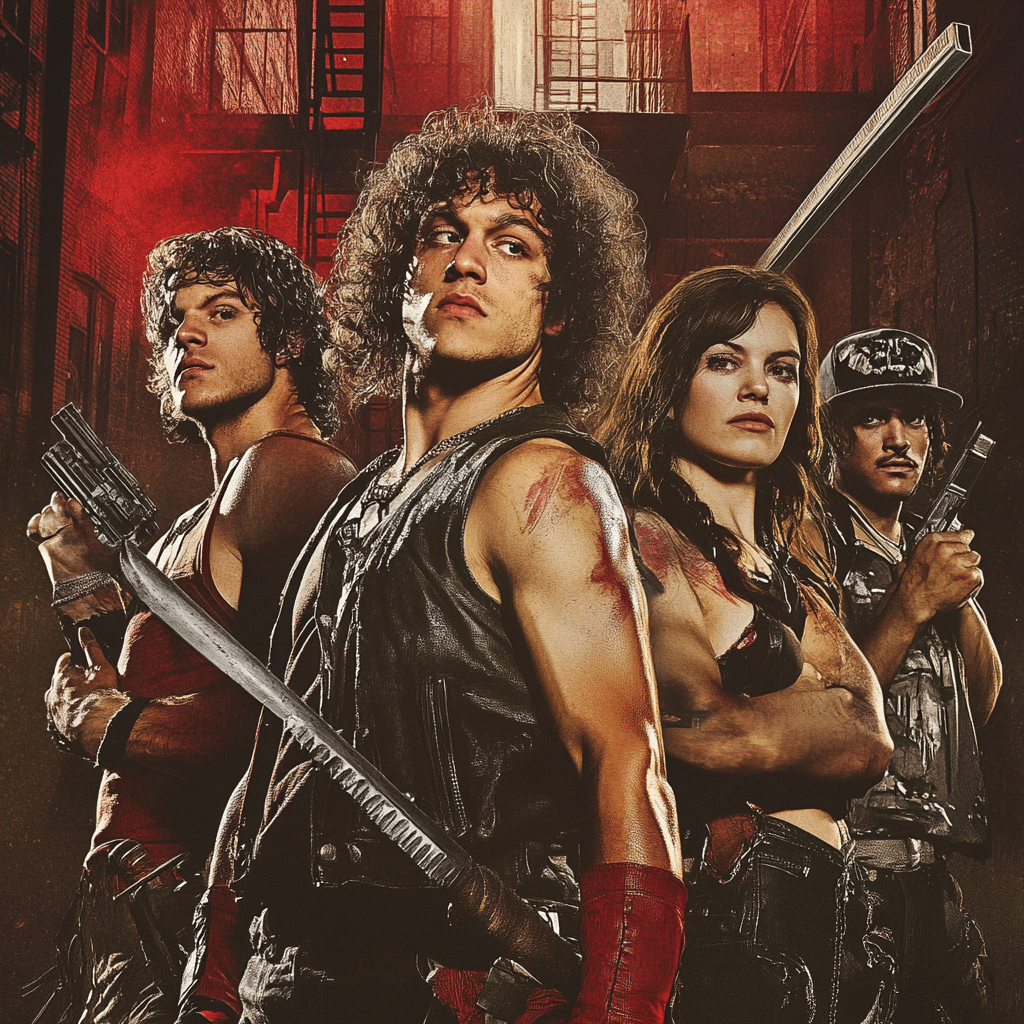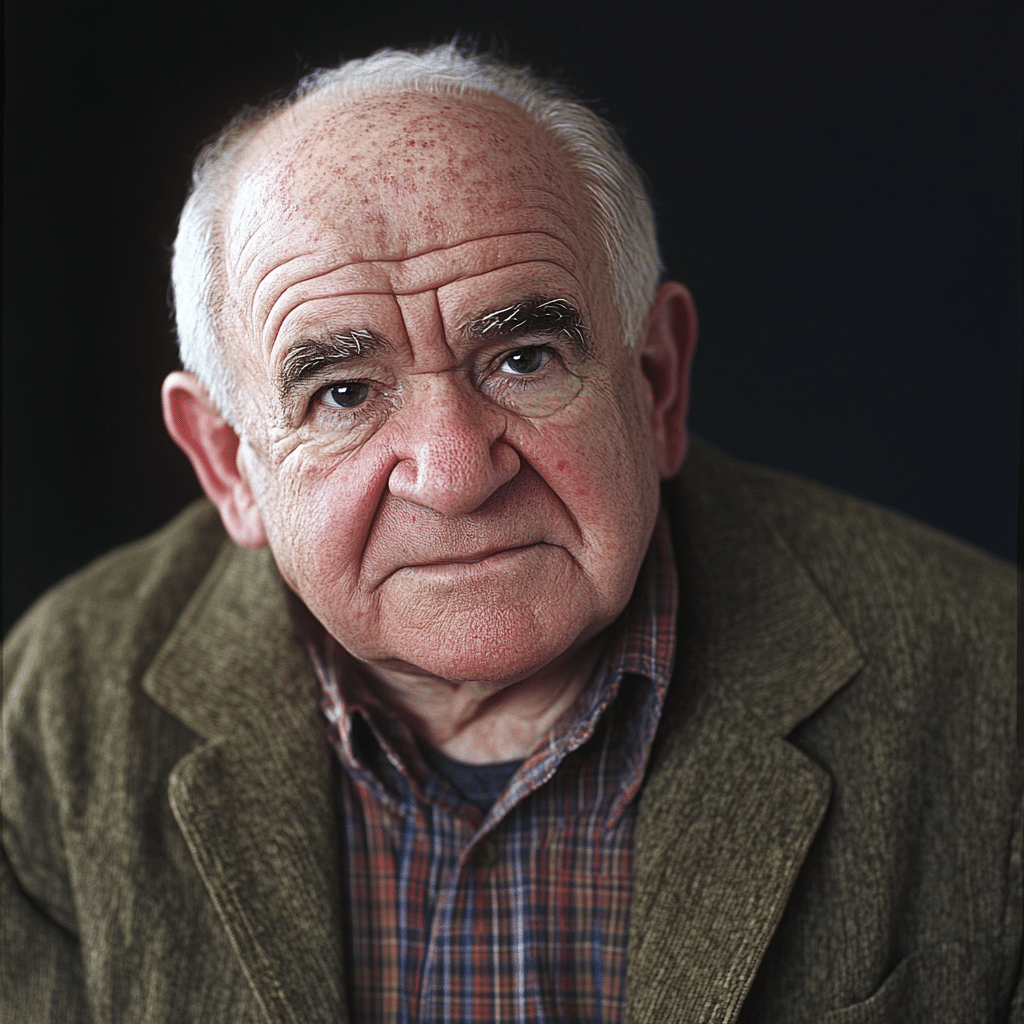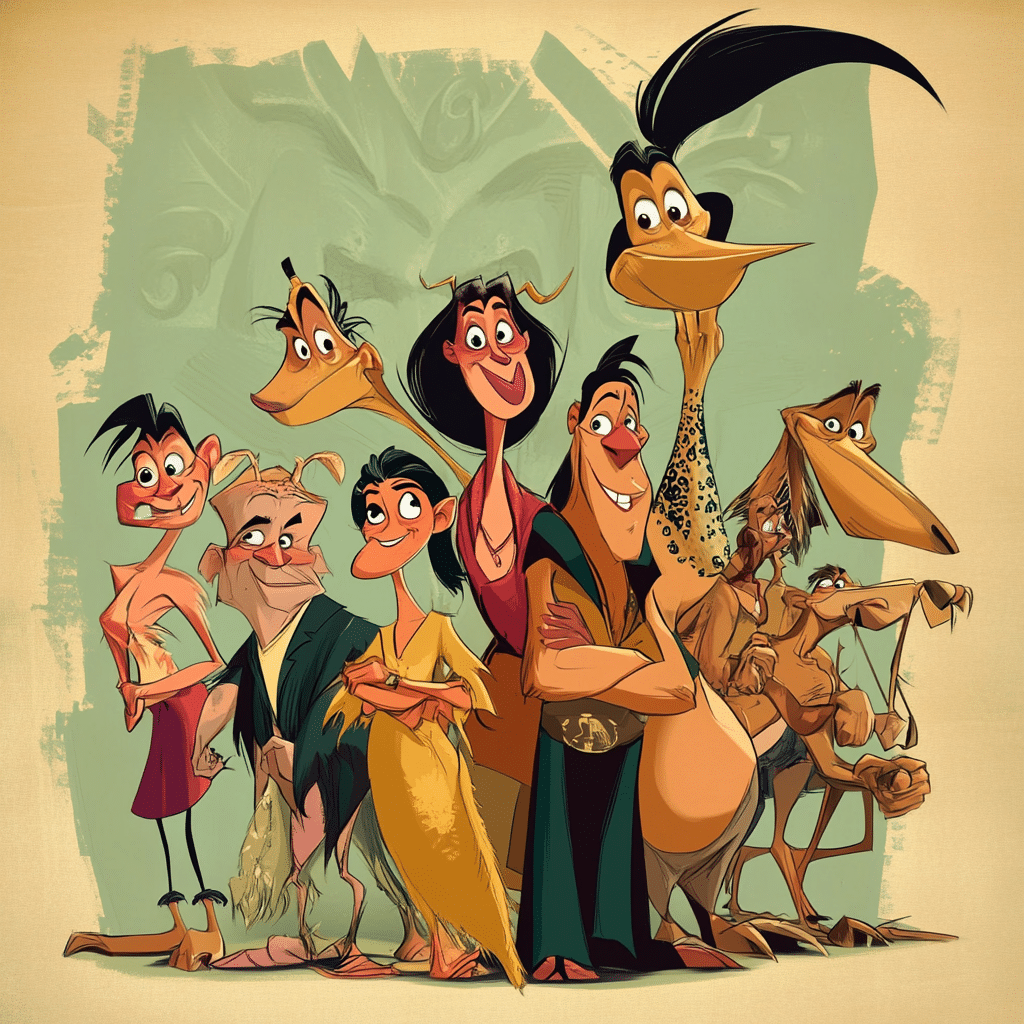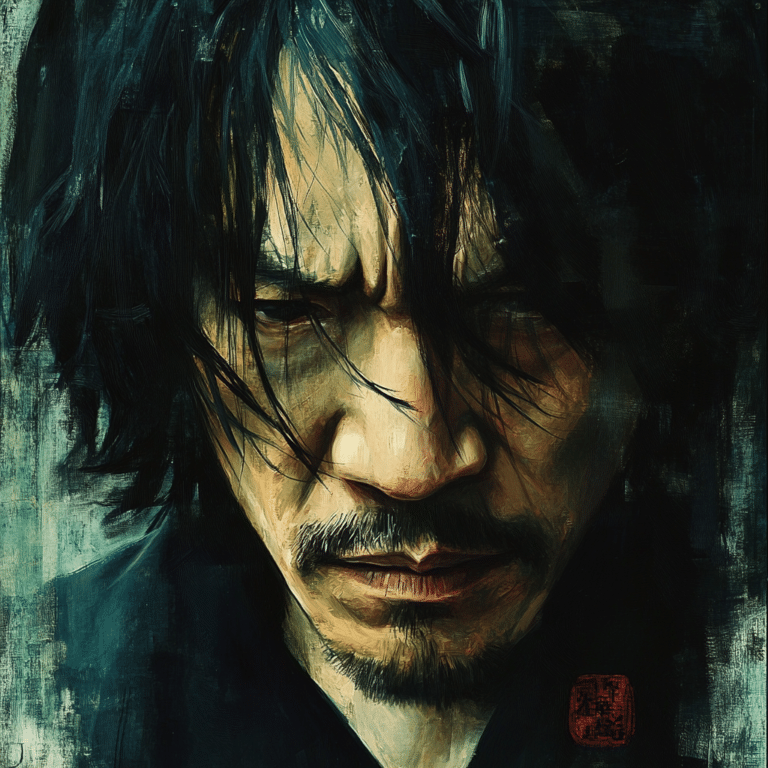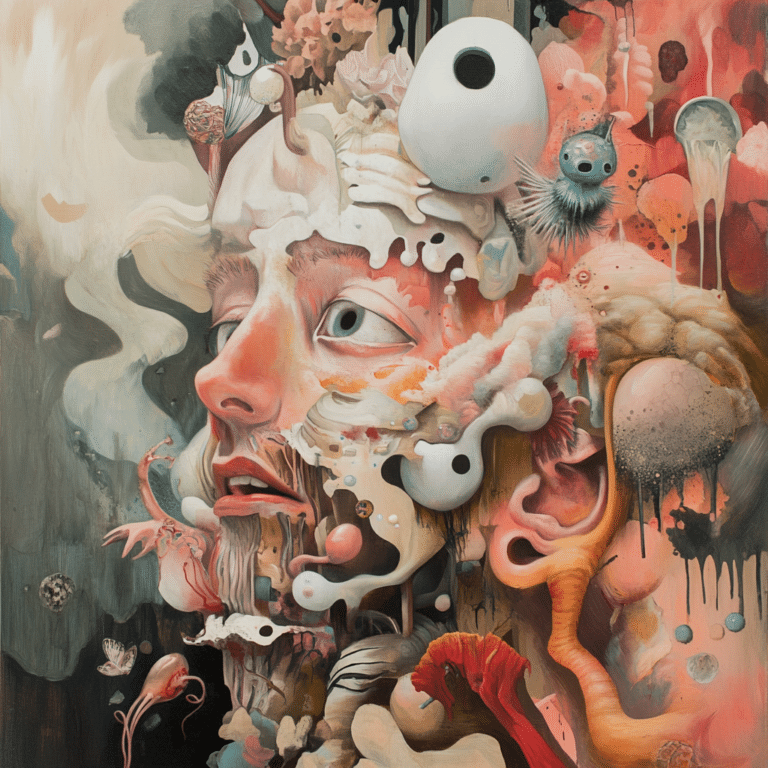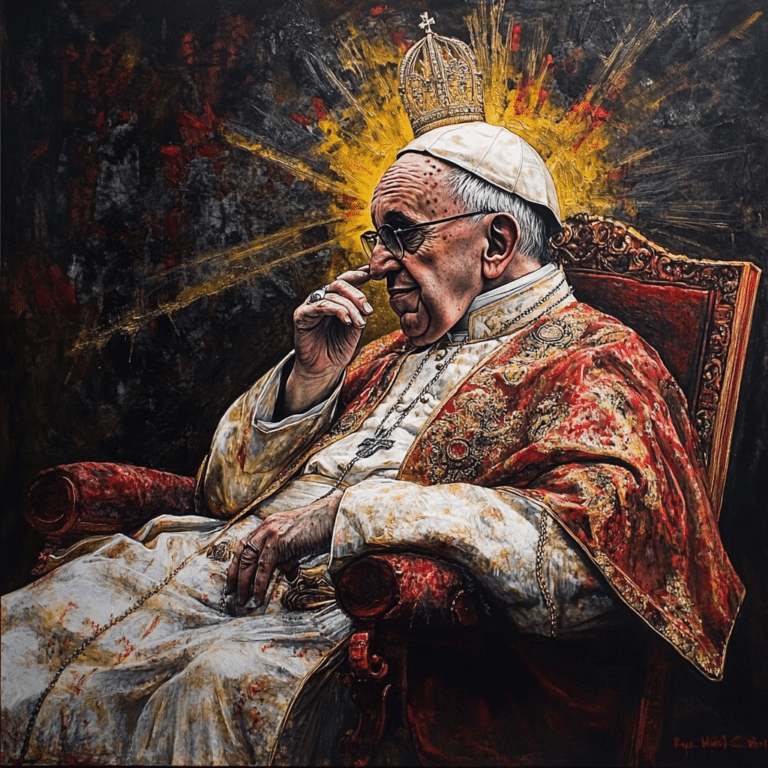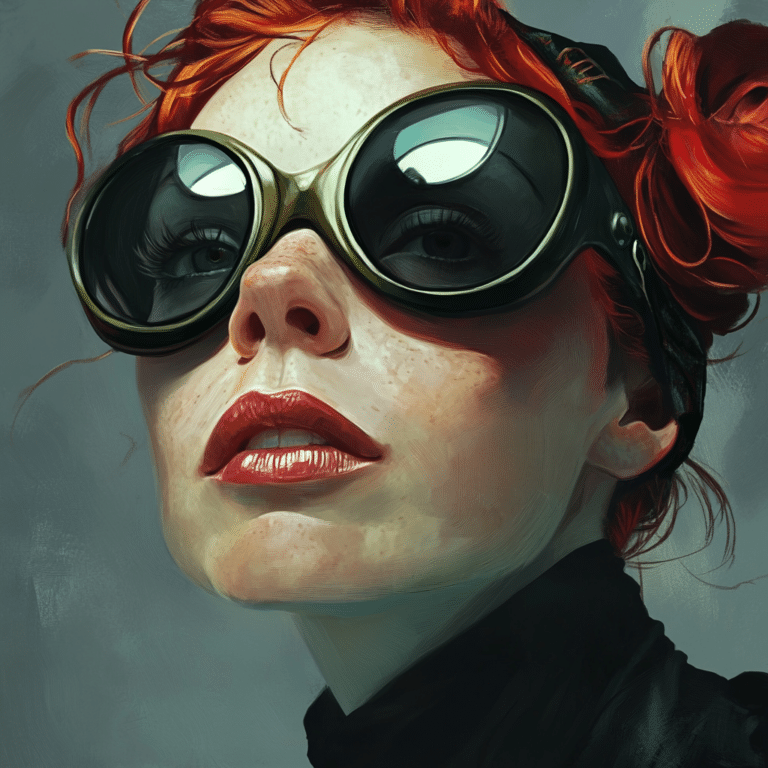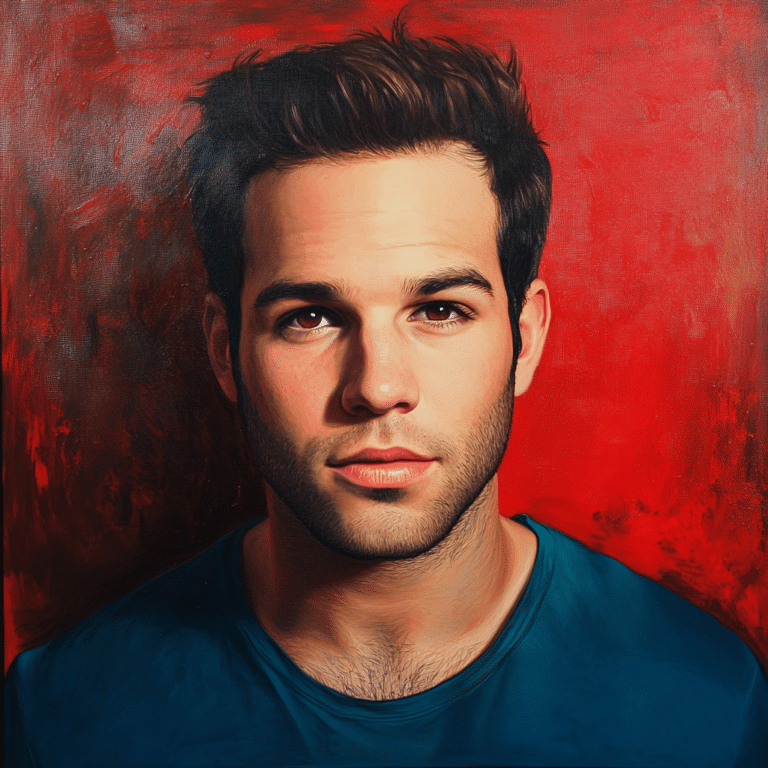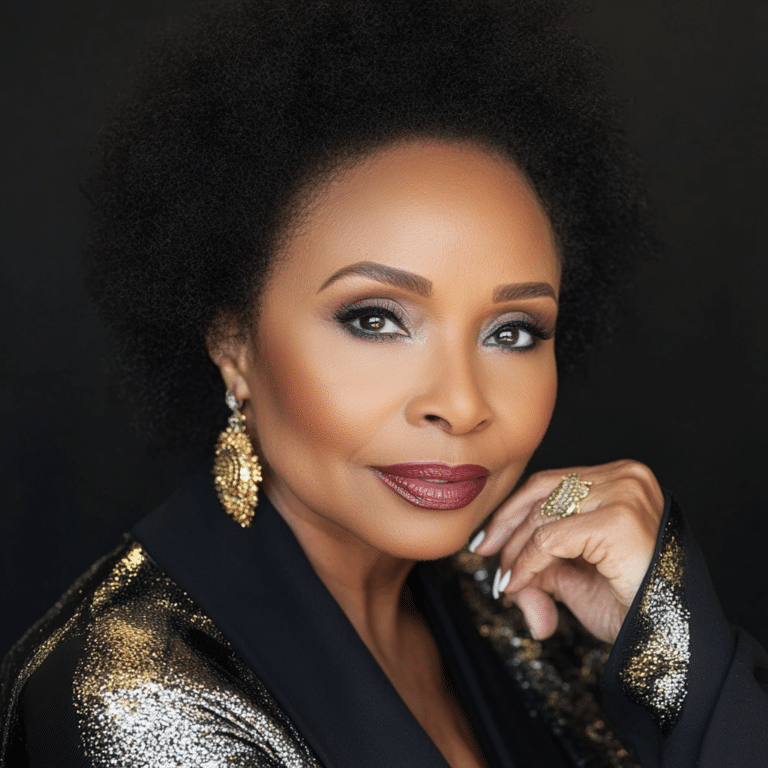Oldboy, directed by Park Chan-wook, is more than just a movie—it’s a cinematic rollercoaster that has left audiences stunned since its release in 2003. This South Korean film, an adaptation of a Japanese manga of the same name, tells the gripping tale of Oh Dae-su, a man inexplicably imprisoned for 15 years. Imagine waking up one day in a cell, with no clue why you’re there. When he’s finally released, Dae-su is thrown into a dizzying quest for vengeance that leaves viewers breathless. Oldboy’s breathtaking narrative and visual flair, rich with themes of revenge and redemption, have firmly secured its status as a cult classic.
Join me as we unpack this iconic film, from the secrets behind its success to the legacy it’s carved in the cinematic universe. So grab your popcorn, kick back, and let’s dive into the fascinating world of Oldboy!
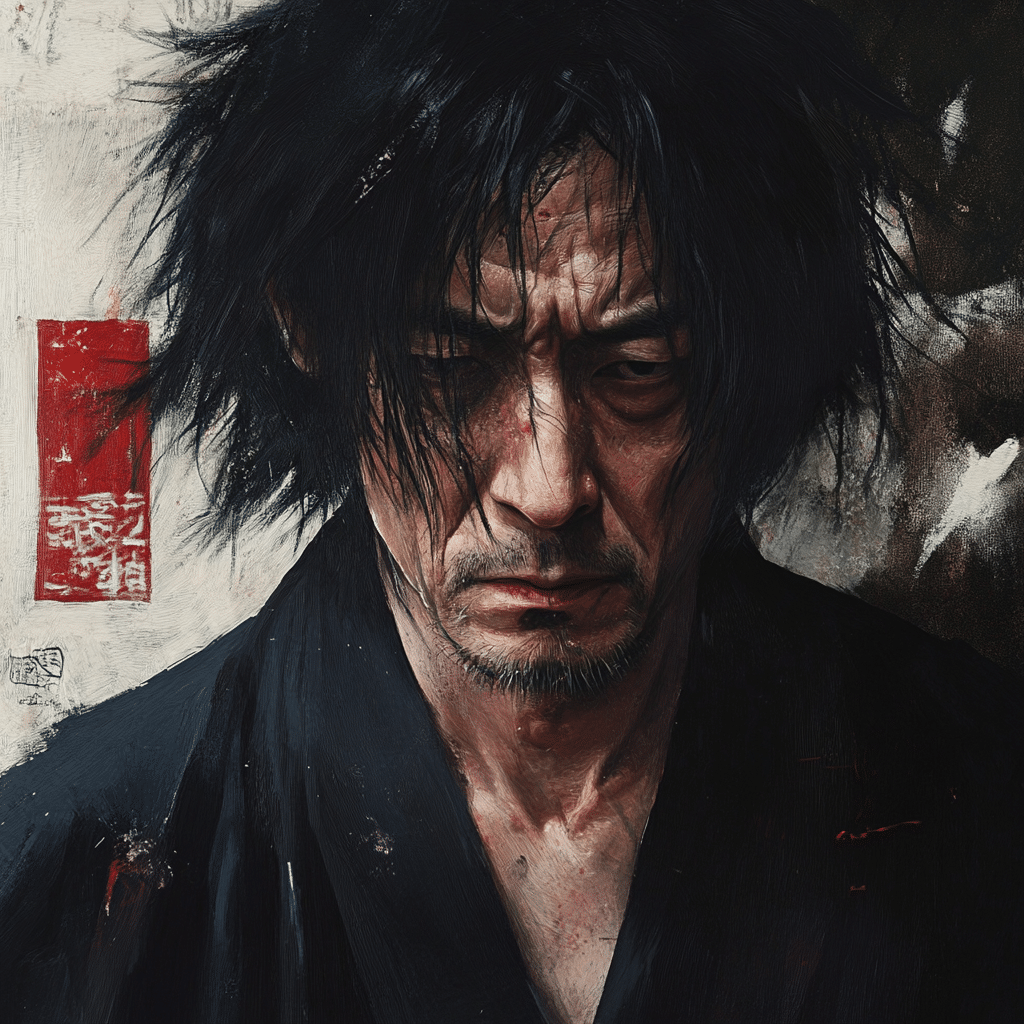
The Genesis of Oldboy: A Cinematic Masterpiece is Born
Oldboy is the brainchild of park chan-wook, crafted with a singular vision that deftly weaves together suspense and psychological depth. It’s not often that a film based on a manga captures the imagination so effectively, but Oldboy does this marvelously. The narrative, rife with twists and moral questions, challenges audiences to confront their feelings about vengeance and justice.
What truly sets Oldboy apart is its absorbing screenplay and striking visuals that don’t just push the story forward but also elevate the emotional weight behind each character’s journey. The essence of the film lies in how it forces viewers to grapple with the human capacity for both brutality and compassion.
Through Oldboy, Park Chan-wook showcases the significance of escapism, questioning whether one can escape their past or if they’re forever chained to it. The view of Dae-su’s tumultuous existence leaves us with lingering questions: is revenge cathartic or merely a destructive cycle?
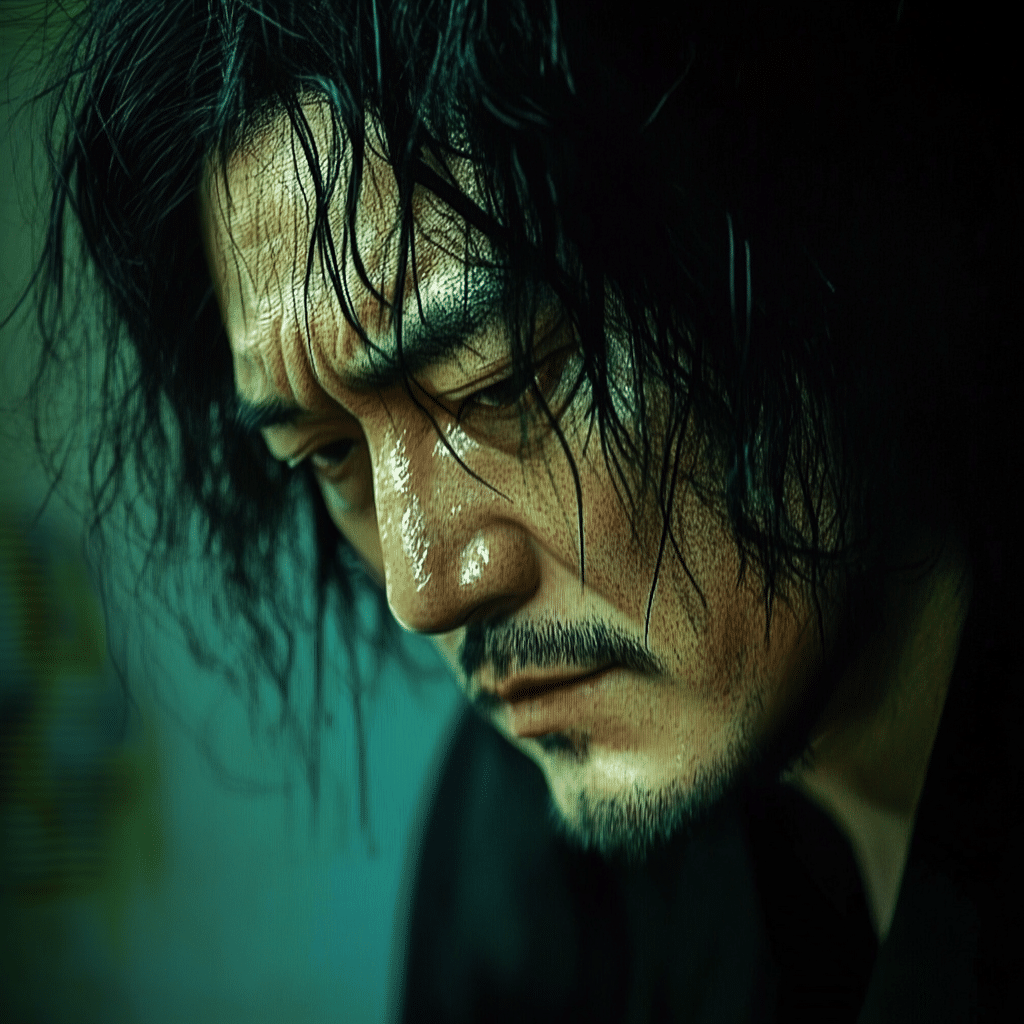
The Top 7 Shocking Secrets Behind Oldboy’s Success
Oldboy isn’t just successful due to its story—it’s a treasure trove of cinematic brilliance that contributes to its lasting fame. Here, let’s stroll through seven shocking secrets behind the film’s impact:
1. The Demand for Authenticity: Hickey and Method Acting
Choi Min-sik, the incredible actor behind Dae-su, didn’t just act; he embraced method acting. Diving deep into darker roles before filming, he captured the character’s emotional layers with a raw intensity that is hard to shake off. The weight of his performance resonates in every scene, making viewers feel the full force of his journey.
2. The Iconic Hammer Scene: Behind the Backrooms of Production
Ah, the legendary hammer fight scene! This action-packed moment was filmed in a single continuous shot that took meticulous choreography to pull off. It isn’t just about the blood and brutality; it embodies Dae-su’s emotional transformation, hammering home (pun intended) the stakes involved. The authenticity of the backroom setting adds to its realism, engaging viewers in a visceral experience that stands the test of time.
3. Influences from They Live: A Deeper Psychological Undertone
Fans of John Carpenter’s They Live might find some thematic similarities in Oldboy. Both films grapple with the weight of societal control and personal freedom. It’s interesting how both flicks explore the dark corners of human nature, inspiring conversations on psychological manipulation that resonate across cultures.
4. Societal Reflection: Undercurrents Seen in Somebody Somewhere
The feelings of isolation in Oldboy strike a chord with the struggles revealed in HBO’s Somebody Somewhere. Dae-su’s profound loneliness highlights the internal battles many face today, bridging cultural boundaries and illustrating a universal experience of despair and longing.
5. John Heard’s Influence: Blurring Genre Lines
The late John Heard’s performances changed how we view genre in film. His ability to weave unexpected twists into character arcs has been an influence that echoes in films like Oldboy. This blurring of genres keeps audiences on their toes and helps reshape what narratives can be.
6. 1000 lb Sisters: A Modern Parallel in Pop Culture References
If you’ve ever watched 1000 lb Sisters, you know the raw truths about life that hit home. Much like Oldboy, it dives into personal struggles, showcasing how societal expectations can warp our identities. It’s like looking in a mirror that reflects both the beautiful and ugly aspects of the human experience.
7. Animation Inspiration: Horton Hears a Who and Flushed Away
Here’s a twist! The narrative techniques in Oldboy find surprising parallels in animated films like Horton Hears a Who and Flushed Away. They all masterfully convey messages about community and connection. Even in their different genres, they make deep themes accessible to all ages, proving that profound storytelling can transcend boundaries.
The Legacy of Oldboy: Nextdoor Perspectives on a Cult Classic
As we stroll down memory lane, Oldboy’s legacy emerges as an indelible mark on modern cinema. Its exploration of vengeance, identity, and moral ambiguity influences filmmakers and audiences across genres. Discussions about Dae-su’s journey continue to unfold, making it a linchpin in film circles around the globe.
Moreover, Oldboy has inspired countless reinterpretations, from novels to theater adaptations. It raises essential questions about our relationship with vengeance, a theme that’s echoed in many pop-culture narratives today.
The film isn’t just a simple revenge thriller; it’s a deep dive into human psychology. Its cult status isn’t by accident. Oldboy has become a reference point for filmmakers, writers, and film enthusiasts alike, standing as a glorious beacon of what cinema can accomplish.
Innovative Wrap-Up
The enduring allure of Oldboy encapsulates a tale of revenge that’s drenched in psychological insights. This film transcends mere storytelling; it blends diverse cultural narratives, challenging our perspectives while leaving us pondering the very nature of humanity. Its legacy continues to inspire new generations, showing us that great storytelling resonates and becomes timeless.
So next time you find yourself on the edge of your seat watching Oldboy, remember that you’re part of a much larger conversation—one that spans across cultures and time, proving the power of cinema to connect us all. As we part ways, let this masterclass in filmmaking remind us that every great film, including Oldboy, has stories worth rediscovering, one heartfelt watch at a time.
Oldboy: The Shocking Secrets Behind the Cult Classic
A Twisted Tale of Revenge and Redemption
“Oldboy” is a South Korean neo-noir thriller directed by Park Chan-wook that’s not for the faint-hearted. Upon its release, this film left audiences gasping for breath and reeling from its shocking plot twists. But did you know that the shoot for the infamous hammer scene wasn’t done with heavy special effects? Instead, the actors embraced their raw talent, executing stunts with sheer precision and a captivating energy that’s hard to replicate. It’s a good reminder of the dedication shown in innovative projects like “Schitt’s Creek” where every scene impacts you—a revelation that keeps fans talking long after the credits roll.
The film has a unique narrative that masterfully weaves themes of vengeance and desperation. The chilling twist at the end actually inspired debates around morality and revenge, paralleling how performances at events like the Grammys can spark discussions on artistry and intention. It’s fascinating how “Oldboy” incites critical thinking, making it a staple in film studies, much like exploring classic tales such as Romeo, where love and betrayal go hand in hand.
Behind the Camera
Interestingly, ‘Oldboy’ set the bar high for international cinema, enhancing the global landscape of gripping narratives. Park Chan-wook faced a considerable challenge during production, often working late into the night. It feels akin to the dedication seen in music, where artists like performers at Surg Night put everything on the line to create unforgettable moments. Also, did you know that the intense psychological study of its protagonist has been analyzed deeply in various films and television series? Much like the character Rick Grimes in “The Walking Dead, from fighting for survival to coping with loss and betrayal, there’s a resonance that crosses genres.
The film isn’t just known for its plot but also for its creative depth. The beautifully crafted visuals are backed by a haunting score, echoing the feelings of isolation and dread faced by the protagonist. Another fascinating tidbit? The lighting and scenic choices often reflect the emotional landscape of the character, a stylistic choice admired in productions, whether it’s Shelton Tennis or any high-stakes narrative. With a chilling storyline and layered character arcs,Oldboy” secured its position as a pivotal part of cult cinema, influencing films and viewers in ways that remain significant.
